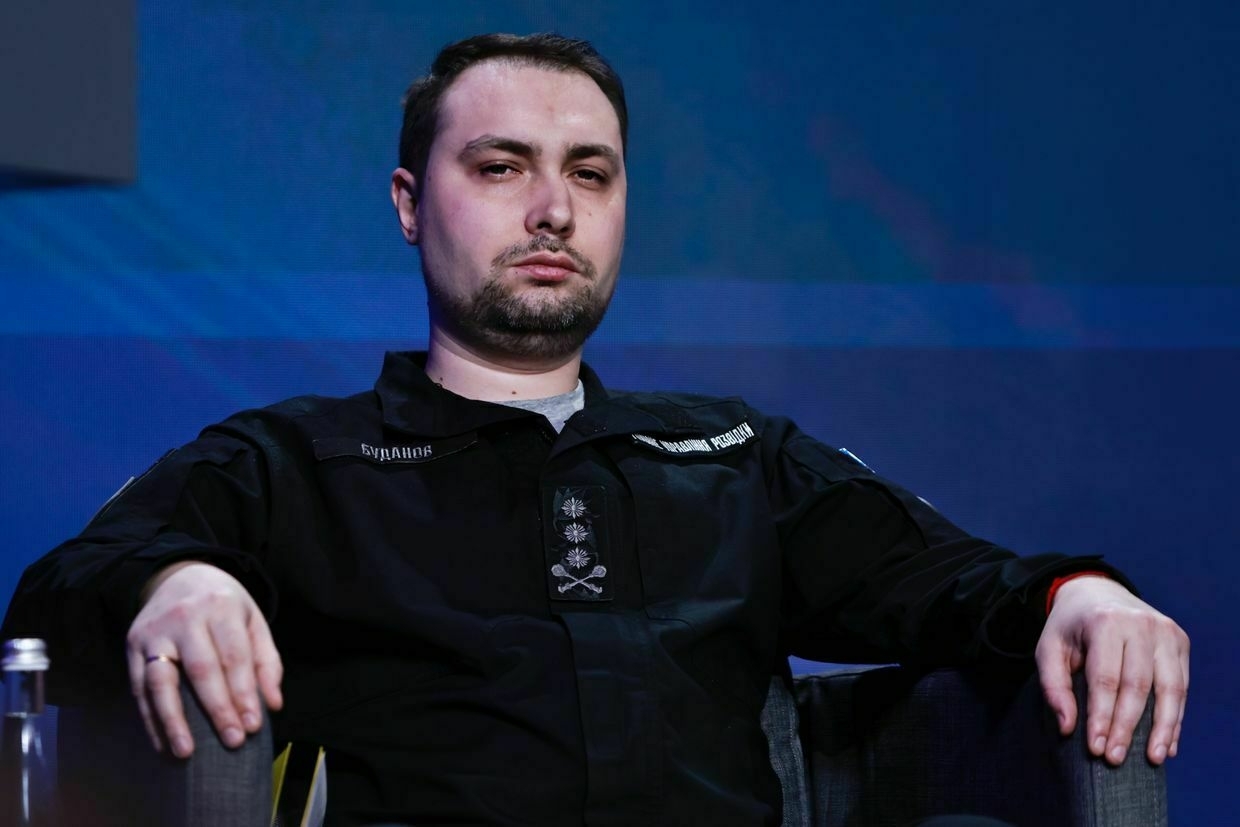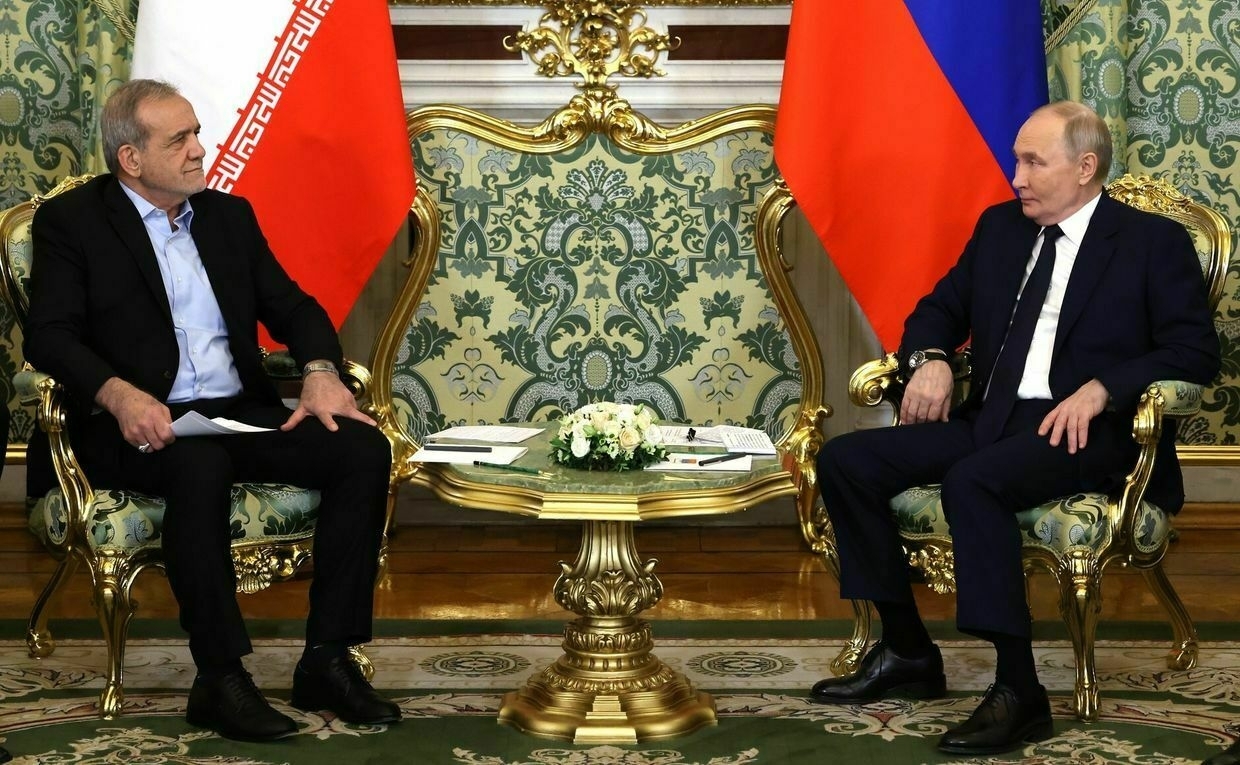
North Korea is already using Russia Pantsir S-1 air defense systems in Pyongyang, Kyrylo Budanov, head of Ukraine’s military intelligence (HUR), said in an interview with Hromadske Radio on July 1.
The arrival of Pantsir missiles is another sign that North Korea is improving its weapons technology and military might through cooperation with Russia. The two nations signed a defense treaty in June 2024, and North Korea has supplied arms and troops to Moscow in exchange for training and advanced military technology.
“I can tell you that, for example, the first Pantsir S-1 installations have already appeared in Pyongyang,” Budanov told Hromadske Radio.
“They are already on combat duty there, guarding their capital. And the Russians are retraining Korean personnel, and soon the Koreans will be working autonomously on this technology."
The Pansir S-1 is the same air defense system Russia uses to guard its military-industrial facilities. It carries an estimated price tag of around $15 million.
North Korea is “currently significantly increasing its military power” through direct cooperation with Russia, Budanov said. It benefits from Russia’s ongoing technology transfers and the “real combat experience” personnel gained by fighting alongside Russian troops against Ukraine.
Budanov also said Ukraine expects “a significant increase” in the number of North Korean citizens in Russia. Some of these citizens will sign up for the Russian military, making it seem less like an official transfer of North Korean personnel and more like voluntary registration from invidivual citizens.
The day before Budanov’s comments, North Korean leader Kim Jong Un publicly honored his country’s soldiers who were killed fighting in Russia’s war against Ukraine. The ceremony coincided with a visit by Russian Culture Minister Olga Lyubimova, illustrating the deepening military alliance between Moscow and Pyongyang continues.
Russia has also reportedly provided North Korea with advanced electronic warfare systems, helped the country build modern warships, and improved its KN-23 ballistic missiles.
In June, Budanov said that Moscow has agreed to assist Pyongyang in mass-producing Shahed-type attack drones.
 The Kyiv IndependentOleg Sukhov
The Kyiv IndependentOleg Sukhov
